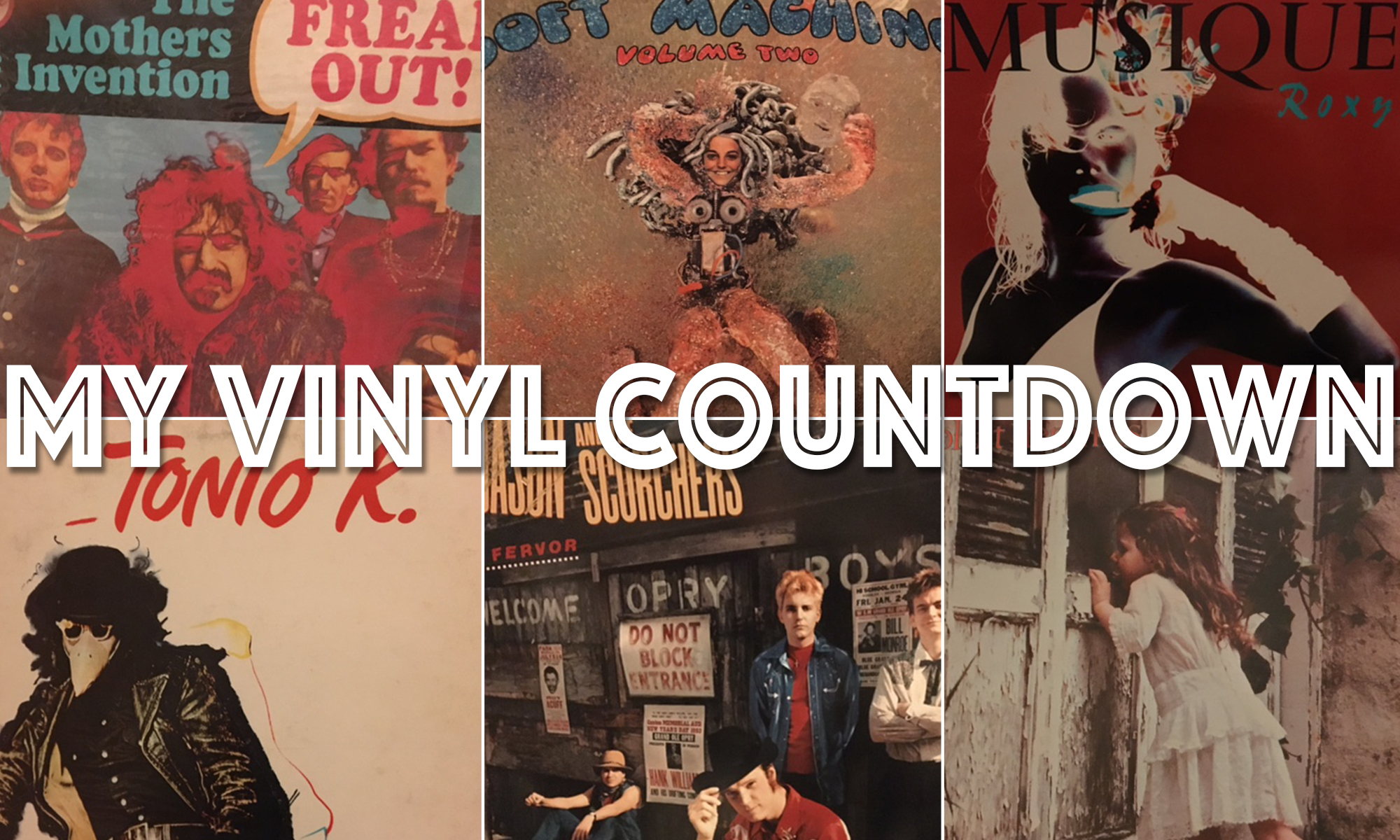ALBUMS: Ummaguma (1969) : Dark Side of the Moon (1973): Wish You Were Here (1975); The Wall (1979)
MVC Rating: Ummagumma/4.0/$$$$$; Dark Side/ 5.0/$$$$$; Wish/$$$$$ 4.5; the Wall, 4.5/$$$$$ (NOTE: All five dollar signs meaning at least $25 to get any of these in decent shape. Can pay many hundreds for certain Pink Floyd collectibles.)

By the way, which one’s Pink?
A classic line from a classic album.
The line from a meeting between the rock group and the record company executives, in a few words, captures the relationship or lack thereof between artists and the anonymous men in suits, a relationship that historically had been too often built on rip-offs and lies. Their only interest is that ‘Pink’ and his chums can sell more ‘units.’
Come on in have a cigar boys, the producer tells them.
“I’ll tell you the name of the game, boys,” the song goes. I”t’s called riding the gravy train.”
That on ‘Wish You Were Here” echoed a previous song, the ‘hit’ Money from the DSOM album: New car, caviar, four star daydream
Think I’ll buy me a football team…
Pink Floyd has become synonymous with the so-called Classic Rock genre. But back when I got it, there was not a lot like it. There was no ‘Classic’ yet.
Pink Floyd deserves their success. I thought they were out of this world when I first heard them. I think my girlfriend in Indiana in the 9th grade gave me ‘Dark Side of the Moon.’ And if I am not mistaken, i gave her David Essex who really had only one song I remember and that was Rock On. Cool song with a little rock-a-billy echo if I recollect.
Floyd was one of those bands that expanded the boundaries of rock and roll, starting with highly experimental sounds with space as a theme or touchstone. Albums like Ummagumma and Piper’s at the Gates of Dawn were long rides, with trippy special effects. It was the kind of music that your parents thought was all rock music. Ummagumma had extreme dyanamic range with soft passages you could barely hear followed by wine glass breaking shrieks. I don’t know what a banshee looks or sounds like, but I imagine it would sound like the end of the first side of Ummagumma.
And yes, there was an element of the music built to ‘freak out’ the psychedelic or stoned crowd. But as many artists have shown before and after those Ummagumma 60’s and Dark Side 70’s, you usually lose when you mess with the drugs.
Pink Floyd became one of the most successful group of musicians in rock history, or should I say music history. They reigned in their psychedelic influenced musical ramblings into something much more accessible and potent. Unfortunately along the way they lost a key band founder, Syd Barrett, whose drug use escalated and his mental health deteriorated. Eventually the band kicked Barrett out, although he remained a muse and influential inspiration for Pink Floyd’s other members.
From Wikipedia: “Pink Floyd’s most popular work drew on the power of what Barrett signified,” wrote Steven Hyden in his 2018 book Twilight of the Gods. “[E]ven after he was no longer in the band, his spirit haunted its records.”
The Floyd album and song ”Wish You were Here,’ was about Syd as was ‘Shine on You Crazy Diamond’ from the same album.
Pink Floyd’s trademark other-worldy sound and echoes, dipping in to free form jazz and touches of Classical music was Barrett’s foundation for the band led by David Gilmour and Roger Waters. A list of top selling artists of all time using data from MTV, VH1, and Billboard shows Floyd with 121 million certified units sold. That puts them 8th on the list of all time sales leaders. The top three are the Beatles, Elvis Presley and Michael Jackson.
By practically creating a new genre, Pink Floyd will go down as one of the most pioneering groups ever. There were other experimentalists. The Soft Machine, Emerson Lake and Palmer, Hawkwind, and Kraftwork. But none ever appealed to as many people. Dark Side of the Moon was on the charts (200) for an astounding 14 years.










